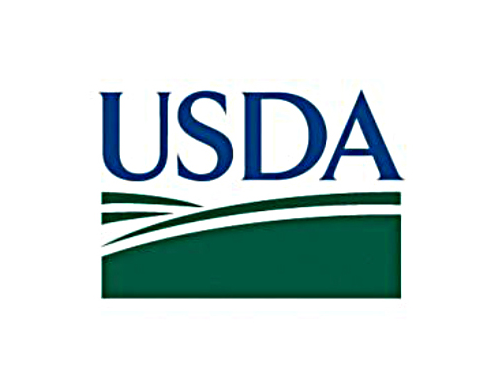The U.S. Department of Agriculture (USDA) announces a 30-day extension to the public comment period to identify the impacts of concentration and competition challenges in seed, fertilizer, other agricultural inputs, and retail markets. The new deadline is June 15, 2022.
Three RFIs (requests for information) were published in the Federal Register on March 17, 2022, each with a 60-day comment period ending May 16, 2022.
USDA seeks information about competition matters as they relate to: (1) fertilizer; (2) seed and agricultural inputs, particularly as they relate to the intellectual property system; (3) food retail, including access to retail for agricultural producers and small and medium-sized food processors through wholesale and distribution markets.
The RFIs are intended to provide USDA with data on competition and market access for farmers and ranchers, new and growing market competitors, especially small and medium-sized enterprises, and the context of these markets for farmers. Additional information is available at www.ams.usda.gov/about-ams/
All written comments should be posted online at https://www.regulations.gov
To enhance fair and competitive markets, this initiative from the Biden-Harris administration supports additional fertilizer production for American farmers and spurs competition to address rising costs, including price hikes from the war in Ukraine, and recent supply chain disruptions.
Sustainable and independent choices for fertilizer supplies demonstrates the administration’s ongoing investment in American goods and services to rebuild a more resilient, secure, and sustainable economy. Additionally, a reliable supply of domestic fertilizer addresses climate change by reducing greenhouse gas emissions associated with transportation, while fostering more sustainable production and precise application.

